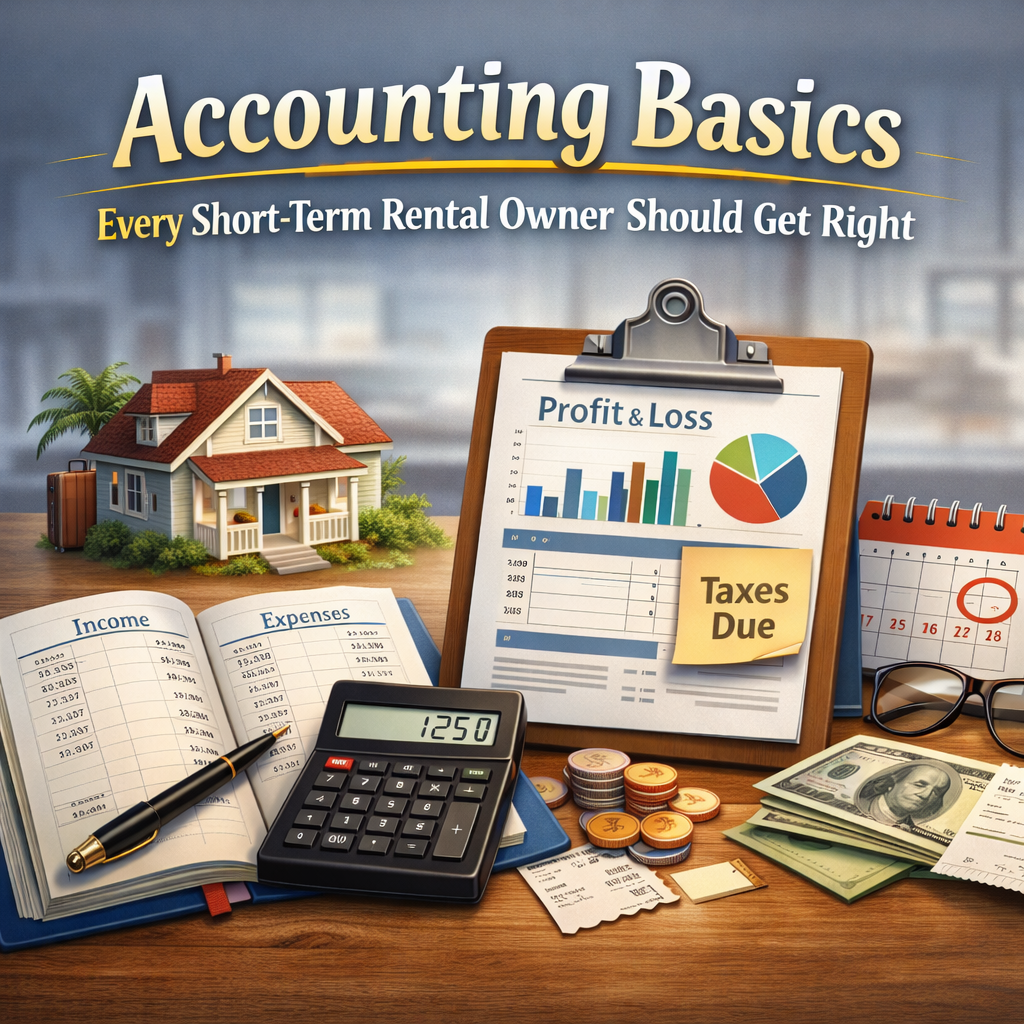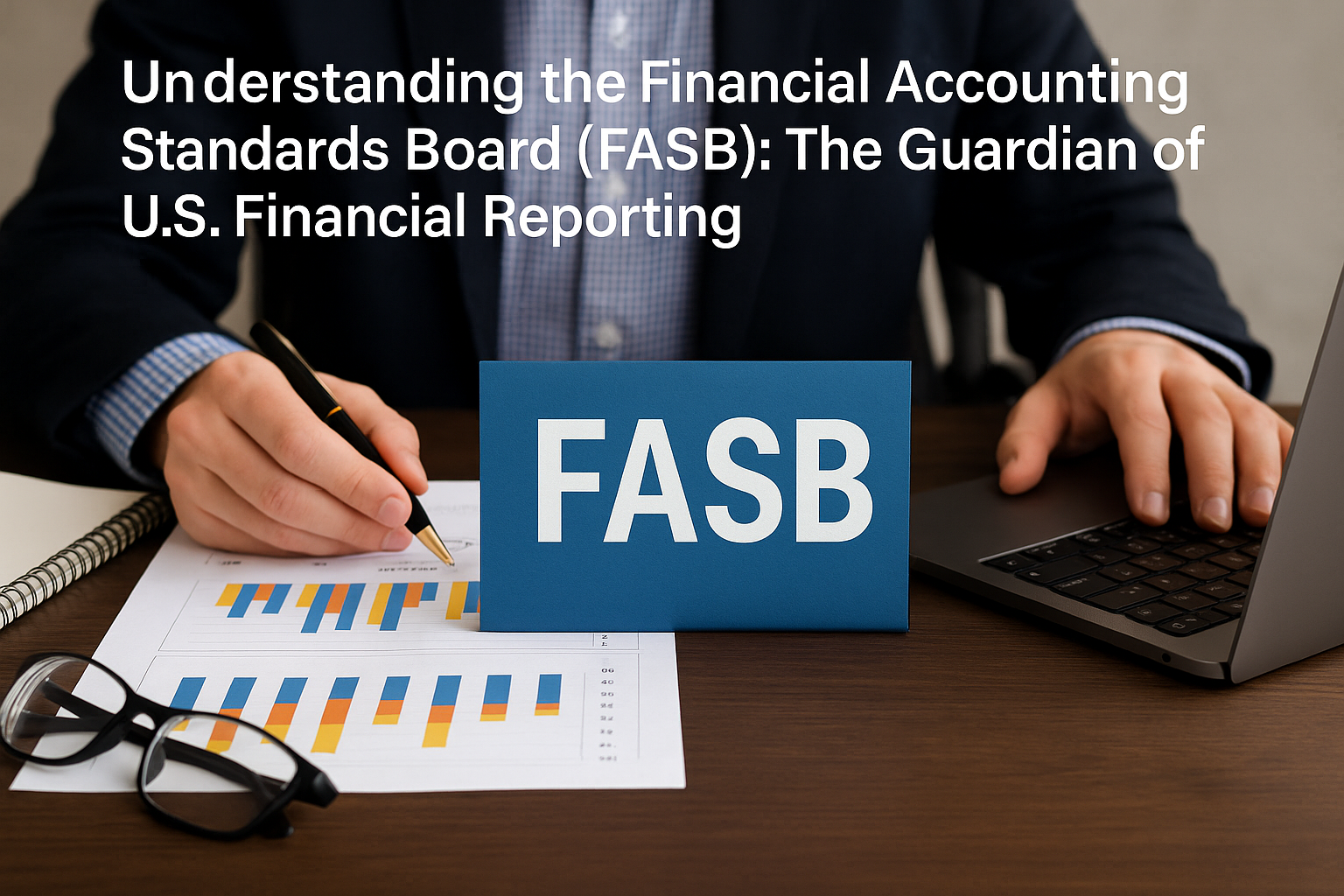.png)
Running a business today means juggling a lot of responsibilities and managing finances is one of the toughest. Many startups and growing companies need expert financial guidance but aren’t ready to hire a full-time Chief Financial Officer (CFO). That’s where virtual CFO services come in. They give you access to professional financial expertise and strategic advice, all without the big costs of an in-house CFO.
Virtual CFO services, sometimes called outsourced CFO solutions, give businesses access to skilled finance professionals who offer strategic guidance, planning, and management without the expense of hiring an in-house CFO. These services are usually delivered remotely and tailored to the scale, needs, and objectives of each organization.
A virtual CFO acts as a financial partner, helping business leaders make smarter, data-driven decisions that ensure consistent cash flow and long-term growth.
Virtual CFO services often complement offshore accounting and offshore bookkeeping, providing a complete financial support system that combines strategic insight with efficient, cost-effective financial operations.
Virtual CFO services suit a wide range of businesses, including:
Virtual CFOs typically operate through a structured monthly or quarterly plan. Key deliverables might include:
Most virtual CFO providers customize services based on the business size, revenue, and goals, ensuring maximum value and alignment.
When selecting a service provider, look for:
Virtual CFO services are no longer just an option—they’re becoming the new standard in modern financial management. As cloud accounting and real-time analytics evolve, businesses using virtual CFOs gain a strong competitive advantage through better forecasting and faster decision-making.
By outsourcing financial expertise, companies can focus on growth, innovation, and customer satisfaction—while letting professionals handle the numbers.
1. What exactly does a virtual CFO do?
A virtual CFO oversees all financial functions like budgeting, forecasting, reporting, and cash flow management, while providing strategic financial guidance to help a business grow.
2. How is a virtual CFO different from an accountant?
An accountant mainly handles bookkeeping and compliance, while a virtual CFO focuses on high-level strategy, financial forecasting, and performance improvement.
3. What industries benefit most from virtual CFO services?
Startups, e-commerce stores, manufacturing units, tech companies, and service-based businesses all benefit from virtual CFO support due to its flexibility and expertise.
4. How much do virtual CFO services cost?
Pricing depends on the scope, many firms offer packages ranging from basic reporting to full-scale financial management. On average, businesses pay a monthly retainer based on their size and needs.
5. Can a virtual CFO help with fundraising?
Yes. They assist in preparing financial models, investor decks, and projections required to secure funding or attract investors.
6. Are virtual CFO services secure?
Absolutely. Most service providers use secure, encrypted cloud systems to ensure financial data safety and confidentiality.
.png)



